October 8-18, 2025 (10 nights, 11 days) Tour guides: Ms. Katharina Saudino (Vienna) and Dr. Will Meredith (founding director, The Ira F. Brilliant Center for …
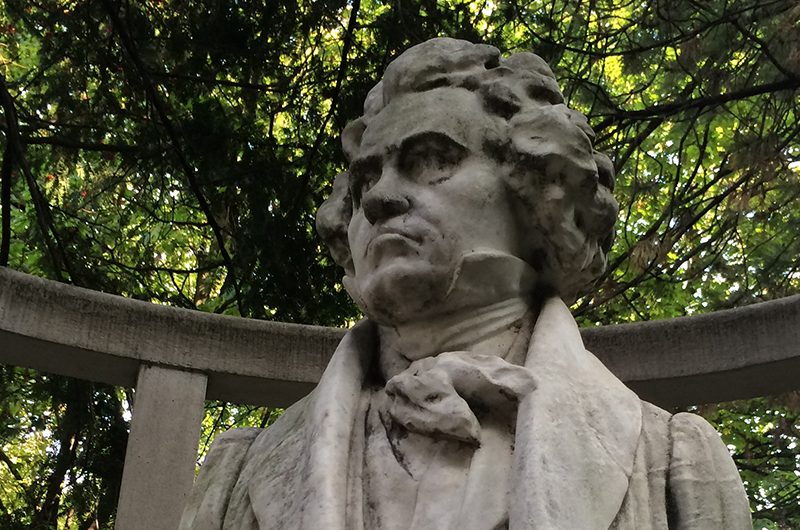
Beethoven’s Lead Poisoning (May 6, 2024)
Introduction To see recent articles on the lead study in The New York Times and the Viennese Der Standard, see: A report in the journal …
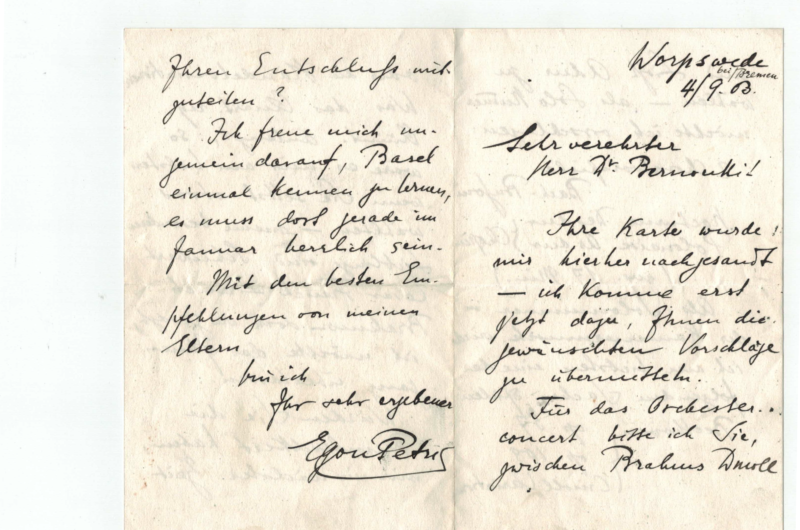
The Famous Pianist Egon Petri on Beethoven
Alfred Kanwischer’s Egon Petri, Musician to the World, Interviews and Commentary, published by Cuvillier Verlag Göttingen, 2019 (154 pp., can be ordered online for $37.40) …
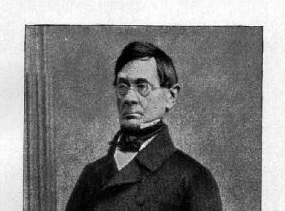
Heine’s Schindler “Visiting Card” Canard
Question: Did Anton Schindler—Beethoven’s volunter assistant from roughly January 1823 through May 1824 and from December 8, 1826, till the composer’s death in March 1827—have …
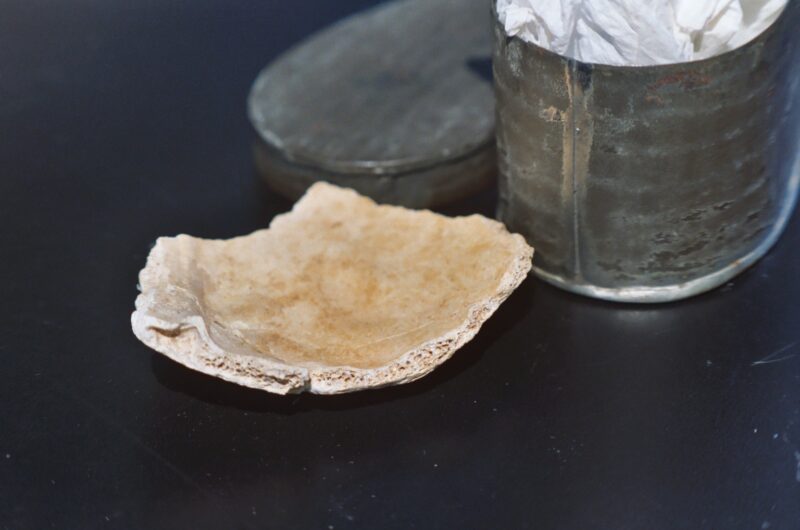
The Romeo Seligmann Skull Fragments Donated to the Josephinum Medizinhistorisches Museum Wien
William Meredith On Thursday, July 20, 2023, California businessman Paul Kaufmann donated the two large and remaining very small Romeo Seligmann skull fragments to the …

Beethoven’s Daylily, and Other Plants
Thousands of new daylily crosses are created each year but only a few are considered worthy of being named if they show promise of commercial …
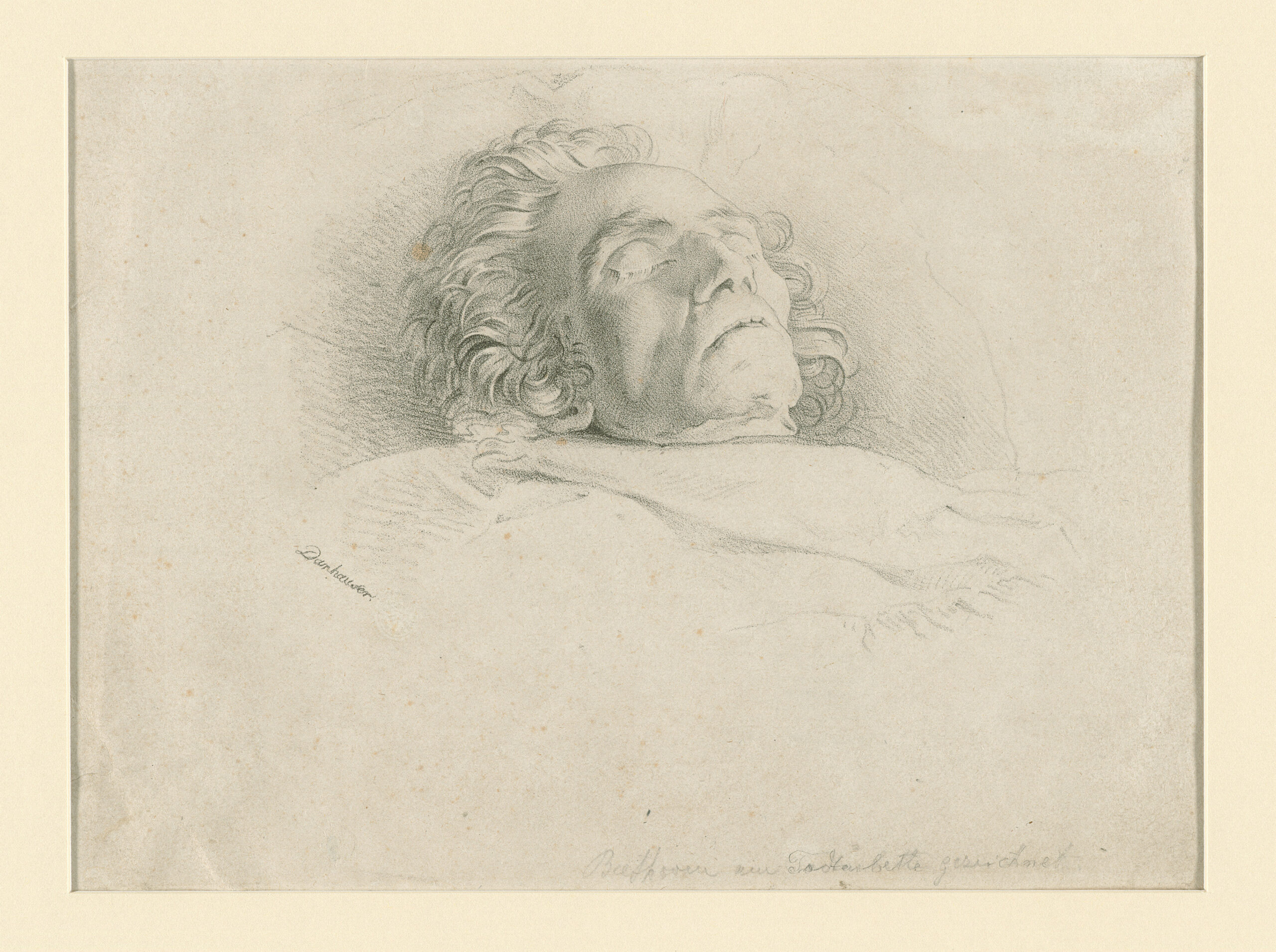
The Genome and Beethoven’s Liver Disease
Preface by William Meredith One of the most important mysteries in Beethoven’s biography has been what caused his death from liver failure and kidney disease. …
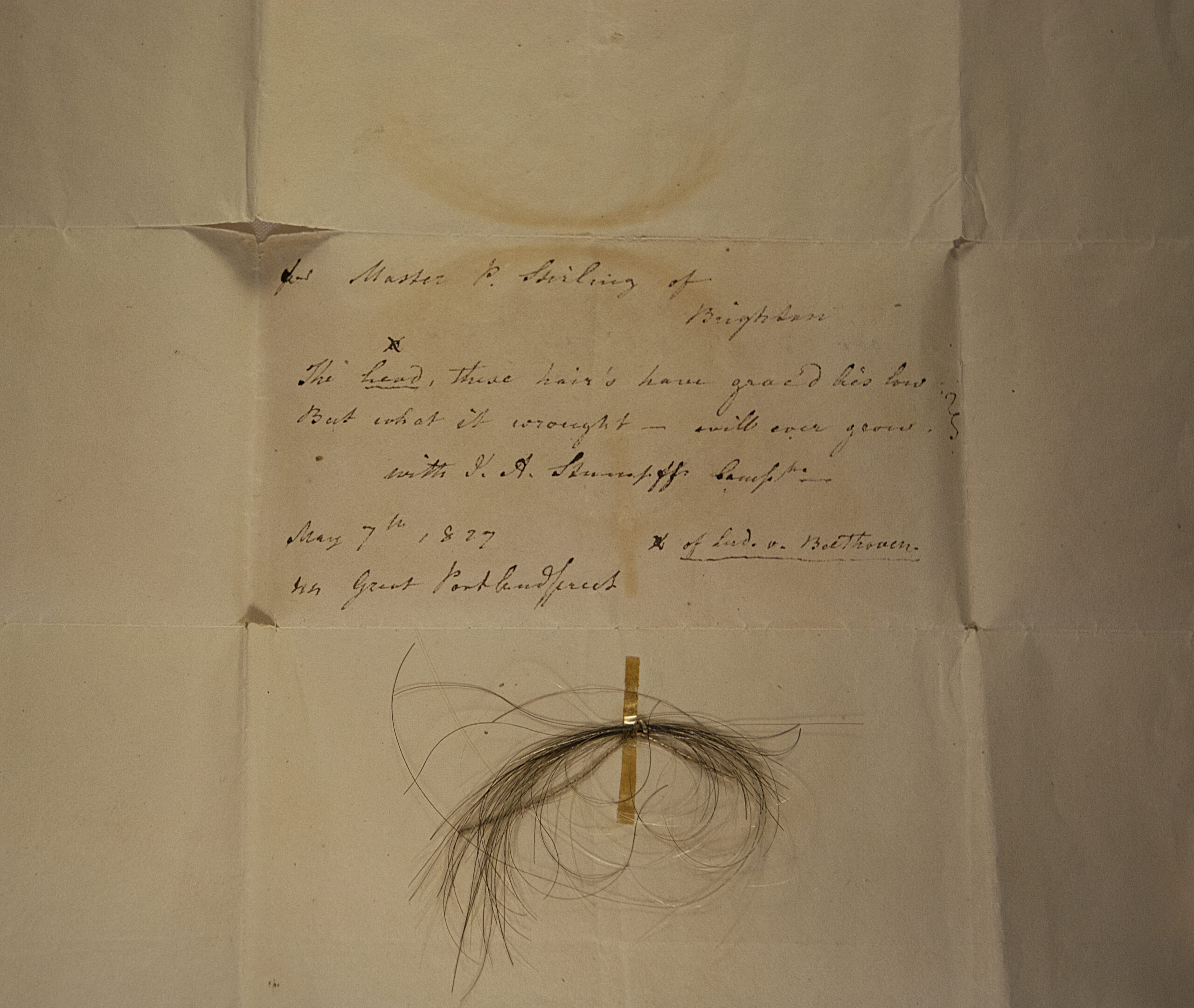
Three Authentic Beethoven Locks
From the Collection of Kevin Brown, American Beethoven Society Corresponding Board Member. A Brief Biography of Kevin Brown: I am an honour’s graduate in Physics …

The Beethoven Genome Project
2014-2023 March 22, 2023: Ludwig van Beethoven’s genome has been sequenced for the first time by an international team of thirty-two scientists using five genetically …
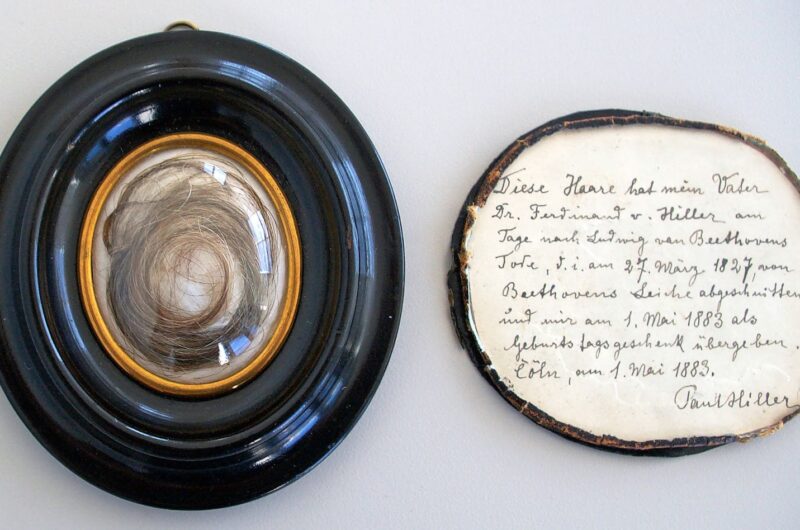
The Ferdinand Hiller Lock Authentication Project
Of the Ira F. Brilliant Center for Beethoven Studies and the American Beethoven Society (1994-2014) A Summary Report by Dr. William Meredith, emeritus director,The Ira …
